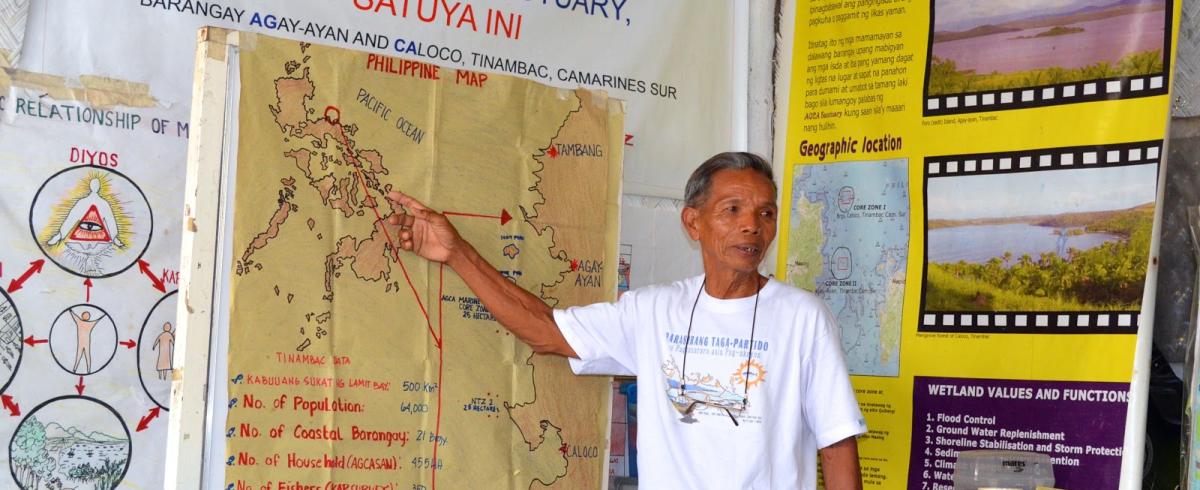Course: Governance in small-scale fisheries
This course aims to contribute towards creating an enabling environment for implementing the FAO Voluntary Guidelines for Securing sustainable Small-scale Fisheries (SSF Guidelines) in the Context of Food Security and Poverty Eradication, by strengthening the capacity of government officials and fisheries practitioners at local, national and regional levels, and promoting the development of good governance frameworks.

